|
We've updated and Psyche Summit 2.0 Website
0 Comments
Psychology museum explores what makes us human
By Mitch Stacy Associated Press • Jul 10, 2018 at 9:47 am https://www.chicagotribune.com/travel/ct-trav-psychology-museum-20180710-story.html Michael Levin: "Non-neural, developmental bioelectricity as a precursor for cognition" // Miniature Brain Machinery
https://www.youtube.com/watch?v=3Cu-g4LgnWs Micheal Levin; Bioelectricity and where cognition comes from // Vance Crowe https://www.youtube.com/watch?v=PL749ucFdyQ What Bodies Think About: Bioelectric Computation Outside the Nervous System - NeurIPS 2018 // The Artificial Intelligence Channel https://www.youtube.com/watch?v=RjD1aLm4Thg Michael Levin on Bioelectric fields and cognition, Dec 2021 // aramis720 https://www.youtube.com/watch?v=5kjxOAhb2Lc Michael Levin; Regenerating limbs, layers of cognition and electroceuticals // Vance Crowe https://www.youtube.com/watch?v=N9Oli5MPLbY Michael Levin - Plasticity w/out genetic change: bioelectric embryos & synthetic proto-organisms // Institute for Pure & Applied Mathematics (IPAM) https://www.youtube.com/watch?v=5ChRM4CEWyg Speaking with Cells: the Electrical Future of Regenerative Medicine with Dr. Michael Levin // The Demystifying Science Podcast https://www.youtube.com/watch?v=RzGaakopAKU Michael Levin on Morphogenetics, Regeneration, Consciousness, and Xenobots // Theories of Everything with Curt Jaimungal https://www.youtube.com/watch?v=Z0TNfysTazc Mindscape 132 | Michael Levin on Information, Form, Growth, and the Self // Sean Carroll https://www.youtube.com/watch?v=gm7VDk8kxOw Michael Levin: The electrical blueprints that orchestrate life | TED // TED https://www.youtube.com/watch?v=XheAMrS8Q1c Developmental Bioelectricity - By Prof. Michael Levin // Center Leo Apostel, VUB https://www.youtube.com/watch?v=3POCj_7_Ntc Michael Levin: Artificial Intelligence and Cancer // Tufts University https://www.youtube.com/watch?v=cshrDv16ggM #14 Michael Levin - Our Body is a Collection of Intelligent Organisms // Bold Conjectures with Paras Chopra https://www.youtube.com/watch?v=VcPqzErExqg Bioelectric Networks: Taming the Collective Intelligence of Cells for Regenerative Medicine // Foresight Institute https://www.youtube.com/watch?v=41b254BcMJM Mindscape 87 | Karl Friston on Brains, Predictions, and Free Energy // Sean Carroll
https://www.youtube.com/watch?v=TcFLQvz5uEg Free Energy Principle — Karl Friston // Serious Science https://www.youtube.com/watch?v=NIu_dJGyIQI Embodied Cognition Karl Friston // Serious Science https://www.youtube.com/watch?v=HW0JnjgCO3o Karl Friston on What Is Life, Consciousness, the meta-Hard Problem, and the Free Energy Principle // Theories of Everything with Curt Jaimungal https://www.youtube.com/watch?v=2v7LBABwZKA 1. DNA recovered from Stamps;
https://www.sciencedirect.com/science/article/pii/S0379073821004497 https://www.wired.com/story/dna-artifact-testing/ https://www.theatlantic.com/science/archive/2019/03/dna-tests-for-envelopes-have-a-price/583636/ 2. Magnetogenetics: https://en.wikipedia.org/wiki/Magnetogenetics https://en.wikipedia.org/wiki/Magnetic_nanoparticles https://en.wikipedia.org/wiki/Ferritin https://en.wikipedia.org/wiki/Transcranial_magnetic_stimulation 3. Chemogenetics; https://en.wikipedia.org/wiki/Chemogenetics 4. Optogenetics https://en.wikipedia.org/wiki/Optogenetics which is a neuromodulation tool kit that involves light-sensitive proteins such as opsins 5. Neuromodulation https://en.wikipedia.org/wiki/Neuromodulation 6. Ion Channels https://en.wikipedia.org/wiki/Ion_channel 7. Optogenetics-inception removing real memories + installing false memories https://www.forbes.com/sites/toyota/2013/10/01/its-now-possible-to-implant-memories-like-in-the-movie-inception/?sh=202986be49e4 https://www.psychologicalscience.org/observer/the-psychological-science-of-inception https://www.dailymail.co.uk/sciencetech/article-2119262/Inception-reality-Scientists-implant-false-memories-mice.html https://www.fastcompany.com/3015419/inception-style-memory-experiment-performed-on-mice-was-inspired-by-the-movie-total-recall 8. Magnetogenetics, RF, hungry mice 9. Bioelectricity https://en.wikipedia.org/wiki/Bioelectricity  Edward Osborne "E.O." Wilson, the American biologist and leading authority on ants whose study of tiny insects led to some of the biggest, most provocative scientific ideas of the 20th century - most notably that a biological basis to human behavior exists — died on December 26, 2021 in Burlington, Massachusetts. He was 92. E.O. Wilson was born June 10, 1929, in Birmingham, Alabama, to Edward and Inez Wilson. Ed, as he was known to friends, grew up exploring the forests and swamps around Mobile, Alabama. In the 1970s, his study of social ants, bees, wasps, and termites led him to create the field of sociobiology, which shattered then-popular dogma that babies are born tabula rasa, or with their minds a blank slate to be formed by nurture and learning alone. In The Insect Societies, and more fully in Sociobiology: The New Synthesis, he insisted that genetic traits influence intelligence and play a role in both animal and human behavior, including aggression. A new study warns of potential social, ethical, and legal consequences of brain-machine interfaces and other technologies that interact with the human brain. Surpassing the biological limitations of the brain and using one’s mind to interact with and control external electronic devices may sound like the distant cyborg future, but it could come sooner than we think. 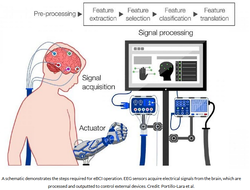 URLs / Links: Mind the gap: State-of-the-art technologies and applications for EEG-based brain–computer interfaces Brain-computer interfaces (BCIs) are emerging assistive devices that may one day help people with brain or spinal injuries to move or communicate. BCI systems depend on implantable sensors that record electrical signals in the brain and use those signals to drive external devices like computers or robotic prosthetics.Most current BCI systems use one or two sensors to sample up to a few hundred neurons, but neuroscientists are interested in systems that are able to gather data from much larger groups of brain cells.
Now, a team of researchers has taken a key step toward a new concept for a future BCI system — one that employs a coordinated network of independent, wireless microscale neural sensors, each about the size of a grain of salt, to record and stimulate brain activity. The sensors, dubbed “neurograins,” independently record the electrical pulses made by firing neurons and send the signals wirelessly to a central hub, which coordinates and processes the signals. By Wallace Ravven VC Research, UC Berkeley Published: June 24, 2021 Retrofitting wireless earbuds to detect neural signals and relaying the data back to smartphones via Bluetooth, researchers say the new earEEG system could have multiple applications, including health monitoring.
By James Gallagher Health and science correspondent Published: 4 October Scientists who discovered how our bodies feel the warmth of the sun or the hug of a loved one have won the Nobel Prize. David Julius and Ardem Patapoutian, from the US, share the 2021 prize in Medicine or Physiology for their work on sensing touch and temperature. They unlocked how our bodies convert physical sensations into electrical messages in the nervous system. Their findings could lead to new ways of treating pain. Heat, cold and touch are crucial for experiencing the world around us and for our own survival. But how our bodies actually do it had been one of the great mysteries of biology. Previous winners
Neuromorphic Computing for Intel
By creating an architecture that at its core is modeled like a brain, the idea is that having millions of neurons and synapses will lead to compute tasks with the unique power/performance benefits in specific tasks that brains are designed to do. It’s a long term potential commercial product for Intel, however the task for the team has been to develop both the technology and the software to discover and accelerate tasks that are suited to neuron-type computing. URLs / Links: Intel rolls out new Neuromorphic Chip Abstract
Different contexts favor different patterns of adaptive learning. A surprising event that in one context would drive rapid belief updating might, in another context, be interpreted as a meaningless outlier. Here, across two experiments, we examined whether participants performing a target judgment task under spatial uncertainty (n=31, n=64) would spontaneously adapt their patterns of predictive gaze according to the informativeness or uninformativeness of surprising events in their current environment. Uninstructed predictive eye movements exhibited a form of metalearning in which event-by-event learning rates were modulated differently by surprise across contexts. Participants also appropriately readjusted their patterns of adaptive learning when the statistics of the environment underwent an unsignaled change. Although significant metalearning was observed in all conditions, performance was consistently superior in contexts in which surprising events reflected meaningful change, potentially reflecting a bias toward interpreting surprise as informative. Overall, our results demonstrate remarkable flexibility in contextually adaptive metalearning. URLs / Links: Experience-driven recalibration of learning from surprising events Finding From a Population-Based Longitudinal Study Context There has been increasing concern about the impact of the global economic recession on mental health. To date, findings on the relationship between income and mental illness have been mixed. Some studies have found that lower income is associated with mental illness, while other studies have not found this relationship.
Objective To examine the relationship between income, mental disorders, and suicide attempts. Design Prospective, longitudinal, nationally representative survey. Setting United States general population. Participants A total of 34 653 noninstitutionalized adults (aged ≥20 years) interviewed at 2 time points 3 years apart. Main Outcomes Lifetime DSM-IV Axis I and Axis II mental disorders and lifetime suicide attempts, as well as incident mental disorders and change in income during the follow-up period. Results After adjusting for potential confounders, the presence of most of the lifetime Axis I and Axis II mental disorders was associated with lower levels of income. Participants with household income of less than $20 000 per year were at increased risk of incident mood disorders during the 3-year follow-up period in comparison with those with income of $70 000 or more per year. A decrease in household income during the 2 time points was also associated with an increased risk of incident mood, anxiety, or substance use disorders (adjusted odds ratio, 1.30; 99% confidence interval, 1.06-1.60) in comparison with respondents with no change in income. Baseline presence of mental disorders did not increase the risk of change in personal or household income in the follow-up period. Conclusions Low levels of household income are associated with several lifetime mental disorders and suicide attempts, and a reduction in household income is associated with increased risk for incident mental disorders. Policymakers need to consider optimal methods of intervention for mental disorders and suicidal behavior among low-income individuals. Summary: H3 acetylation of basal neural precursor cells may have been an important factor in the evolution of the human neocortex. As humans, we have a large and intricately folded neocortex that accounts for many of our intellectual abilities and sets us apart from all other species. A research team headed by Dr. Tran Tuoc from the Department of Human Genetics at the Faculty of Medicine at Ruhr-Universität Bochum (RUB) has identified an important factor that could have led to this brain development in the course of evolution: the so-called H3 acetylation of basal neural precursor cells.
Americans are also filling more prescriptions for antidepressants and anti-insomnia drugs The coronavirus is taking a toll on mental health.
The number of prescriptions for antidepressant, anti-anxiety and anti-insomnia medications filled per week increased 21% between Feb. 16 and March 15, 2020, according to a recent report by Express Scripts, a Cigna-owned CI, -0.51% pharmacy benefit manager. The study analyzed prescription claims filled between Jan. 19 and March 15 of this year among a sample of more than 31.5 million commercially-insured individuals, and found that claims peaked during the week ending March 15, when the novel coronavirus that causes COVID-19 was declared a pandemic. Anti-anxiety drugs saw the biggest spike, jumping 34.1%, which was more than double the number of insomnia aids (14.8%), and almost twice as high as antidepressants (18.6%). America's State of Mind Report The latest research report examines use of medications to treat three of the most common mental health conditions: depression, anxiety and insomnia; provides early insights into the impact of the COVID-19 pandemic on America’s mental health.
The research shows that the number of prescriptions filled per week for antidepressant, anti-anxiety and anti-insomnia medications increased 21% between February 16 and March 15, peaking the week ending March 15, when COVID-19 was declared a pandemic.It’s understandable. Americans have grown increasingly anxious as they’ve seen this global pandemic upend their lives within a very short time. This analysis, showing that many Americans are turning to medications for relief, demonstrates the serious impact COVID-19 may be having on our nation’s mental health. The greatest increase was in prescriptions for anti-anxiety medications, which rose 34.1% from mid-February to mid-March, including a week-over-week spike of nearly 18% during the week ending March 15. The number of prescriptions filled for antidepressants and sleep disorders increased 18.6% and 14.8%, respectively, from February 16 to March 15. Written by Psyche Summit Characterization, Taxonomy, Distribution & Frequency of Neurological Patterns One of the most valuable research projects to be initiated is the study & characterization of neurological patterns to then create a taxonomy while determining the distribution + frequency by ethnic group, religion, and socio-economic class, and ideally to do so longitudinally. Further extensions to the study would be to search artifacts, biofacts or proxies in the quest to reconstruct the same above for the pre-WWII, WWII and immediate post war generations. #neurotypes
#paleopsychology #paleoneurology #paleoneurotypes A company that makes an implantable brain-computer interface (BCI) has been given the go-ahead by the Food and Drug Administration to run a clinical trial with human patients. Synchron plans to start an early feasibility study of its Stentrode implant later this year at Mount Sinai Hospital, New York with six subjects. The company said it will assess the device's "safety and efficacy in patients with severe paralysis."
If you thought mind control was only for sci-fi characters like X-Men's Professor Xavier, think again. A bioelectronics company will soon launch U.S. clinical trials of brain implants that allow patients with conditions like paralysis to control digital devices...with their minds.New York City-based Synchron said Wednesday that the U.S. Food and Drug Administration cleared its device for testing in human patients, putting the futuristic technology on the cusp of heading to market. Synchron beat out scrambling competitors to reach this stage — namely Elon Musk's Neuralink. A Primer on the Symmetry Theory of Valence
Posted on July 13, 2021 by Michael Edward Johnson STV is Qualia Research Institute‘s candidate for a universal theory of valence, first proposed in Principia Qualia (2016). The following is a brief discussion of why existing theories are unsatisfying, what STV says, and key milestones so far. |
Psyche Summit™
|
© COPYRIGHT 2020-2024. Psyche Summit. ALL RIGHTS RESERVED.

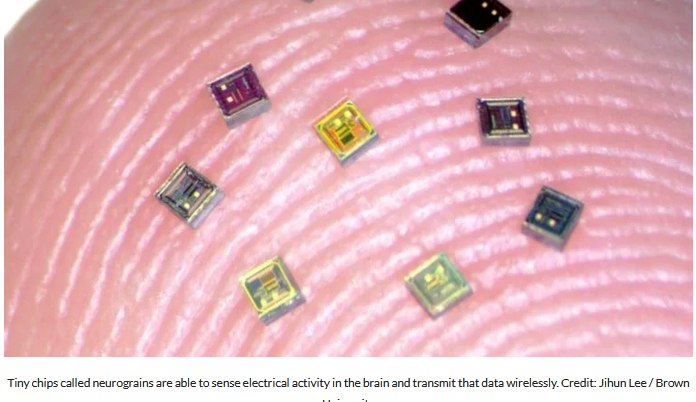
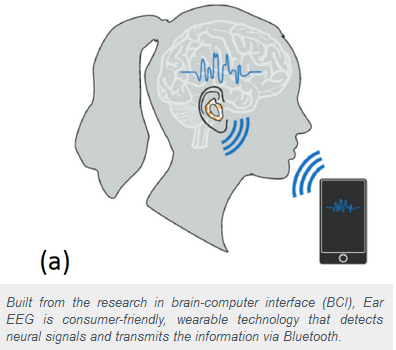
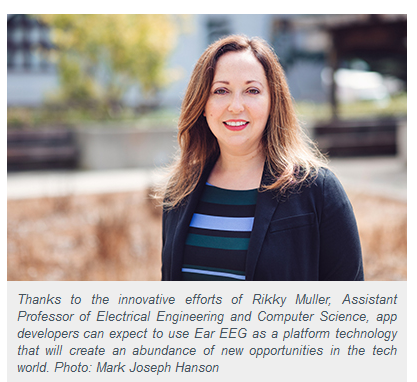

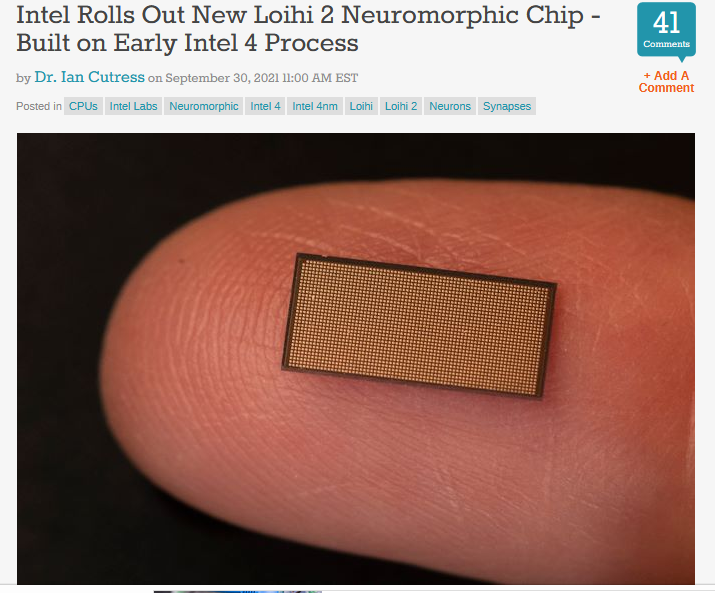
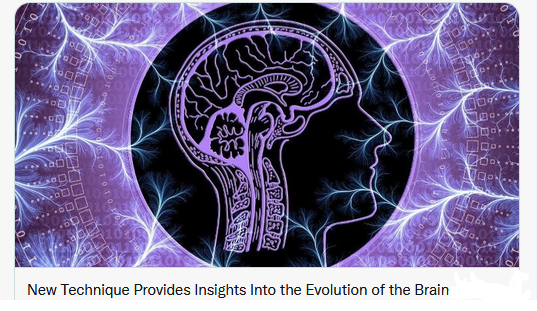


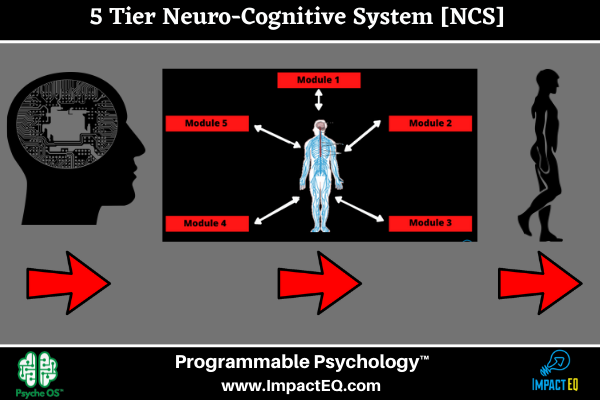
 RSS Feed
RSS Feed